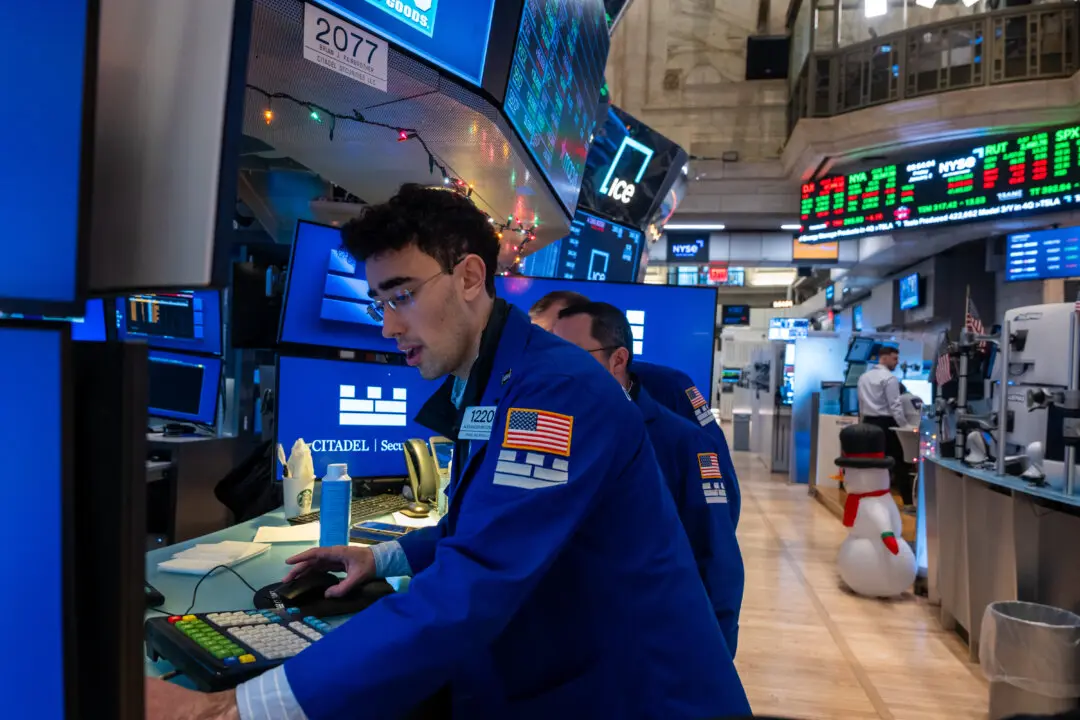When I wrote last week about the collapse of crypto exchange FTX and the fall from grace of its founder and CEO, Sam Bankman-Fried (“Falling Meteorite FTX Scorches Crypto Landscape”), it was already apparent that this multibillion-dollar swindle would go down as one of the largest financial frauds in history. With its most recent valuation pegged at $32 billion, and as much as $10 billion in client funds misappropriated, the collapse and bankruptcy of FTX has turned into a bloodbath for the crypto industry. Contagion from FTX has clobbered prices, with Bitcoin and Ethereum each down over 20 percent. Investor fear is affecting other crypto exchanges, such as Gemini, which saw depositors withdraw more than $485 million in just 24 hours.
Regulators and many commentators have used FTX as evidence that the whole crypto industry is inherently fraudulent, run by and for criminals, and in need of drastic regulatory overhaul—or better yet, being shut down altogether. These broad-based attacks, however, miss the point entirely. Any new industry with potential for transformative growth is going to have its share of scam artists who come alongside—not to do something creative, productive, or good for humanity but rather to make a quick buck however they can.





